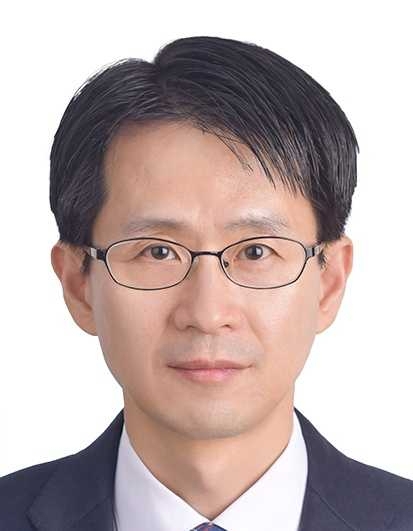[Contribution] Preparing for future with strategic public procurement
By Lee Ji-yoonPublished : Nov. 29, 2024 - 16:01

By Baek Seung-bo
South Korea's public procurement has grown to a market worth 210 trillion won (about $150 billion). Each year, central government agencies, local governments, and other public institutions spend this staggering amount procuring goods, services, and infrastructure. This represents nearly 10 percent of Korea’s GDP. With such an immense scale, it’s no surprise that the public procurement market involves numerous participants -- approximately 600,000 companies and 70,000 institutions actively engage in transactions.
In the past, public procurement primarily emphasized efficiency and cost-effectiveness. The focus was on timely procurement at the lowest possible cost, carried out through swift and transparent procedures. Centralized purchasing, lowest-bid contracting, and e-procurement were hallmarks of this efficiency-driven approach.
Recently, however, perceptions of public procurement have shifted. While the efficient use of public funds and procedural transparency remains crucial -- given that procurement relies on taxpayer money -- public procurement is increasingly recognized for its strategic value as a powerful tool for advancing national policy goals. With the policy landscape becoming more complex and diverse, public procurement now incorporates elements that promote technological innovation, foster emerging industries, address climate change, achieve carbon neutrality, and support small businesses, woman-owned and disability-inclusive companies, as well as social enterprises. These strategic goals are integrated into the procurement process to meet a wide range of policy objectives, including crisis response and resilience.
Globally, strategic public procurement has emerged as a key trend for achieving national policy goals. In the United States, the Federal Acquisition Regulations facilitates market participation for small businesses, minority-owned enterprises, and other socially disadvantaged groups. The US has also implemented the Small Business Development Act to promote technological innovation among small businesses, serving as a model for many other nations. Similarly, the UK’s Social Value Act leverages public procurement to achieve policy goals like job creation, community development, and environmental protection. Canada and EU countries have also institutionalized strategic public procurement in their frameworks.
In Korea, one of the Public Procurement Service’s top priorities in strategic procurement is Public Procurement for Innovation. This initiative supports startups and venture companies by encouraging public sector entities to purchase their technology-driven products. The program not only opens up markets for these businesses but also enhances the quality of public services. Over 20,000 startups and venture companies are currently registered in the nation’s public procurement market. Many of these companies struggle to survive the so-called "Death Valley" period -- the critical phase three to seven years after founding, where securing funding and market access is most challenging. PPI provides a lifeline, helping promising companies cross this perilous gap.
Since its launch in 2019, the program has delivered remarkable results. Over 2,000 innovative products have been designated, with more than 800 billion won in annual sales generated through public procurement. Familiar examples include ground-level pedestrian traffic lights and eco-friendly starfish-based de-icers, both recognized as Innovative Products by PPS.
The government plays the dual role of consumer and investor in the national economy. Amid growing global economic uncertainty and intensifying competition, it must simultaneously pursue numerous policy objectives. Alongside traditional tools like fiscal and monetary policies, public procurement must take on a more proactive role. By strategically harnessing public procurement to improve quality of life, enhance national and corporate competitiveness, and achieve a sustainable economy, the government can truly become the smartest consumer and investor.
Baek Seung-bo is vice administrator of the Korea Public Procurement Service. The views in this column are his own. -- Ed.


















![[Today’s K-pop] BTS' Jimin extends record streak on Billboard Hot 100](http://res.heraldm.com/phpwas/restmb_idxmake.php?idx=642&simg=/content/image/2024/12/11/20241211050082_0.jpg&u=20241211173247)